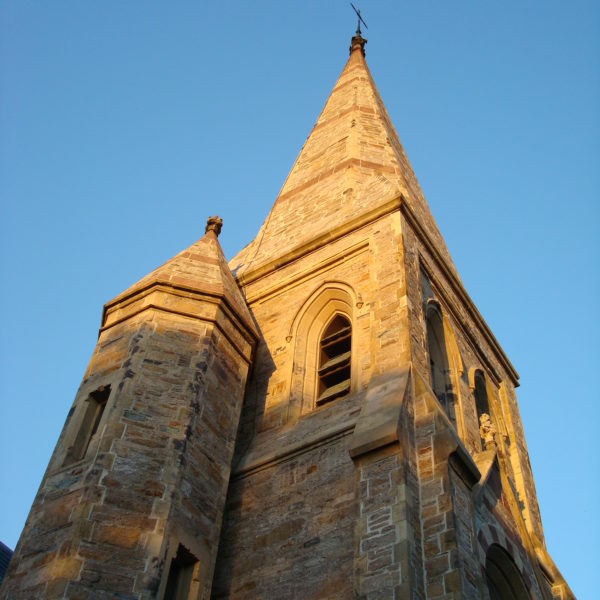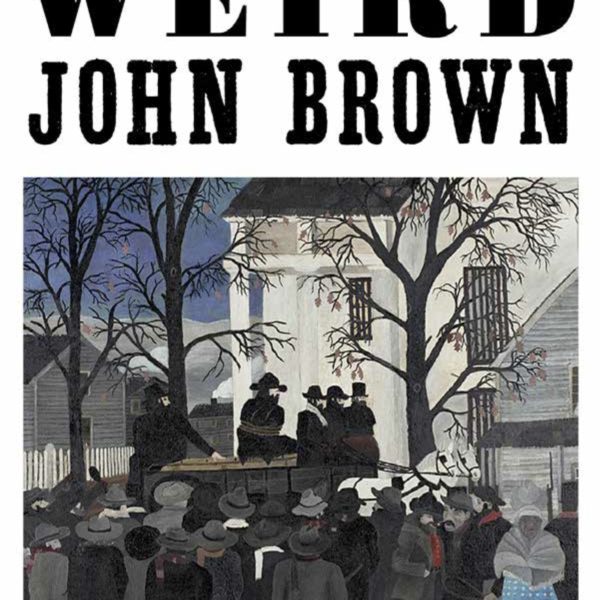
. . . In the book I think about what it would mean to see Brown as a “Great Criminal” who did wrong but can still be read as a sign of a divine violence that breaks the hold of the slave system on social imaginations and so makes possible not just new ways of seeing the world, but new ways of acting, new ways of connecting with others, and new ways of deliberating together.

I think that a politics of penitence and repair can disrupt old divisive racial patterns, potentially enabling the emergence of new racial communities not marked by old forms of racial hatred and violence. Smith’s argument for penitence and repair is compelling and I do think that a Christian political theology calls upon us to consider these two important practices. Smith presents a theological discussion of pardon that eventually takes us to repentance and repair when addressing racial wounds.

In conjunction with the Marginalia (part of the LA Review of Books), Political Theology Today has organized a symposium on Ted Smith’s extraordinary new book Weird John Brown: Divine Violence and the Limits of Ethics. Over the coming two and a half weeks, we will host responses to the book from E. Brooks Holifield, William Cavanaugh, Peter Ochs, Keri Day, and Andrew Murphy, concluding with a response to the responses by author Ted Smith. Here is the first response, from E. Brooks Holifield of Emory University.
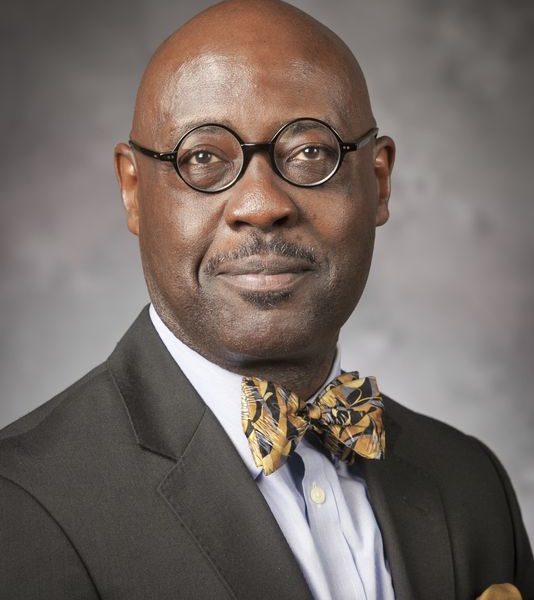
I recently finished reading Willie James Jennings’s earth-shattering book, The Christian Imagination: Theology and the Origins of Race. While Jennings’s primary aim is to drastically reorient our theological approaches to race and racism, his project poses much broader challenges to conventional theological methodology. He insists that traditional western theologians who have rightly been concerned with questions of orthodoxy and intellectual edification have nevertheless failed to recognize how land, language, bodies, and “literary space” informs theological construction and evaluation.
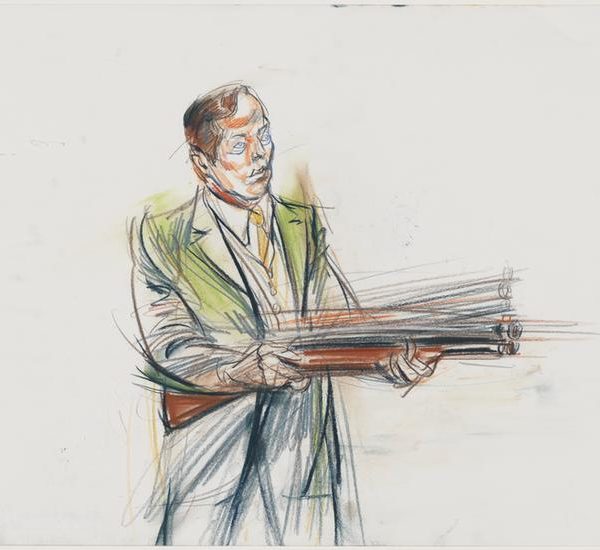
Three years before, Eleanor Bumpurs had been shot. A sixty-six year old black woman shot by a white police officer. Shot twice. With a shotgun. In her home. A case against the police officer wound through the courts in fits and starts. In 1987 the officer was acquitted. It was then, on the streets in front of the courthouse, that the press recorded for the first time the chant, “no justice, no peace.”

The phrase “political theology” is used in many ways, across many disciplines. Over the past few years, an increasing number of courses have been offered calling themselves Political Theology, or describing their topics as political theology. We have invited faculty from political science, religious studies, theology, and history who teach courses on political theology to share their syllabi on this blog over the coming weeks, and to reflect on political theology pedagogy
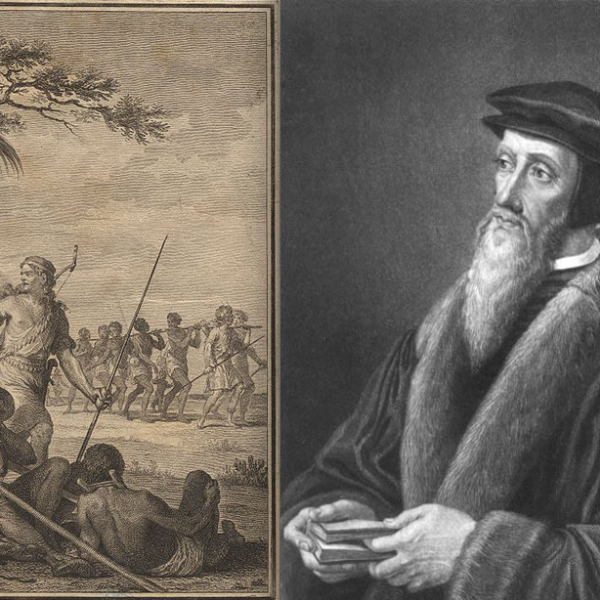
In a sermon on 1 Tim 6:1-2, John Calvin commented,
“…but they were slaves, of the kind that are still used in some countries, in that after a man was bought the latter would spend his entire life in subjection, to the extent that he might be treated most roughly and harshly: something which cannot be done amidst the humanity which we keep amongst ourselves. Now it is true that we must praise God for having banished such a very cruel brand of servitude.”[1]
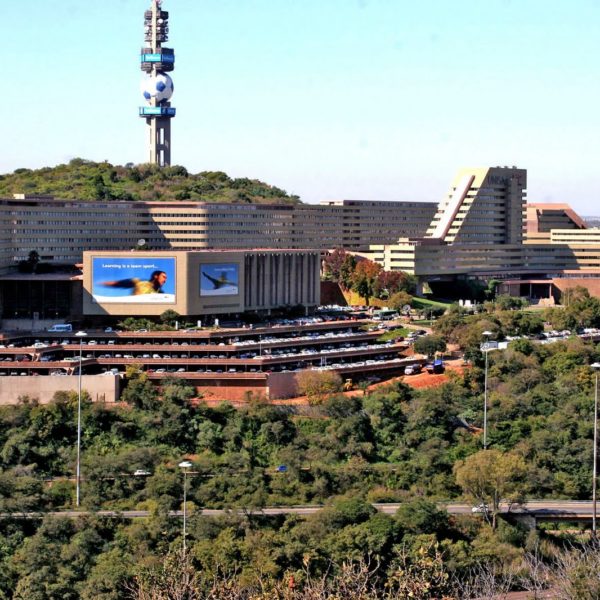
In collaboration with the Voice and Voicelessness Project, UNISA, the Transatlantic Roundtable on Religion and Race will be sponsoring a conference, July 10-16, 2014, in Praetoria, South Africa, investigating “Social Struggle and Faith-Based Activism in ‘Black Empowerment’ Times.”
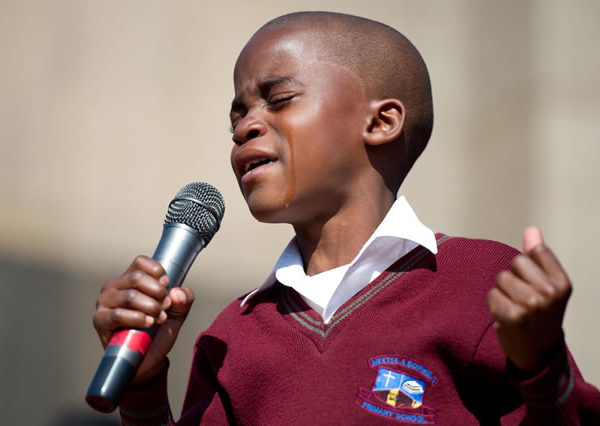
“Have you heard that Mandela died?” The staggering impact of this question took my breath away as I stepped into the office after a full day of classes on Thursday, December 5th. I texted my daughter who had grown up in South Africa, with these simple words, “Wow – this is huge!” Mourning the loss of Mandela has been an enormous undertaking.
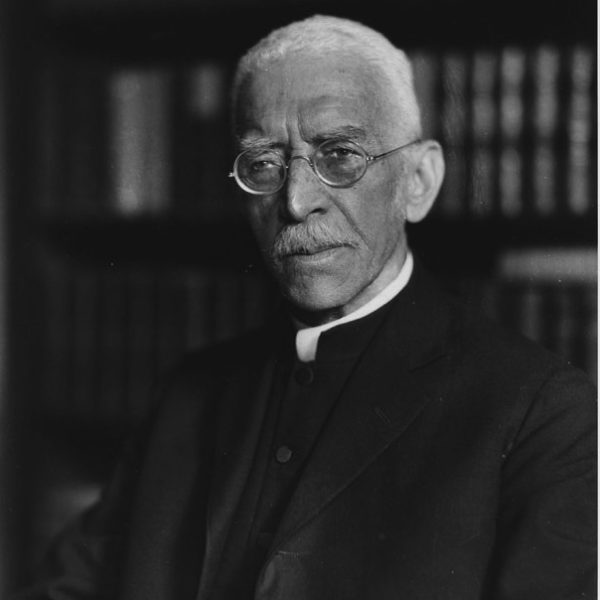
““I cannot believe that the men who occupy the pulpits of this land, assuming that they are men of ordinary intelligence and common sense and that they have, as they ought to have as leaders, some little knowledge, at least, of the Word of God, are without some convictions on the subject (of race prejudice), that they do not know that it is wrong, contrary to every principle of Christianity.”
Led by the NC chapter of the NAACP and its charismatic president, the Rev. Dr. William Barber, protestors have every Monday for the past ten weeks come out to the state legislature building in Raleigh, NC to voice their opposition to a spate of conservative legislative measures. Since gaining control of both the legislature and the governor’s office for the first time in 100 years, the GOP has rapidly pushed through a string of regressive, ideologically-driven laws, often using tactics not fully on the up and up.
